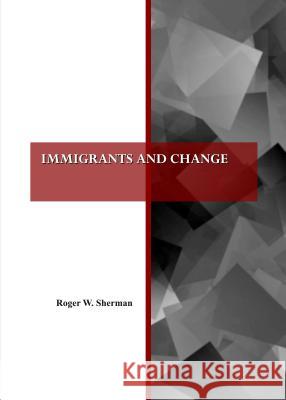Immigrants and Change » książka
Immigrants and Change
ISBN-13: 9781443852401 / Angielski / Twarda / 2013 / 170 str.
This book argues that a religious worldview or a religious subcultural identity as expressed by the theory of Moral Cosmology is only one of many subcultural identities that the immigrant utilizes in their assimilation to a new host environment. It offers two alternative theories-a multiple subcultural identity formulation and the theory of inter-sectionality-to explain changes in immigrant opinions as they transition from immigrant generation, to 1.5 to 2.0 generation. Relying upon data available through the General Social Survey (waves 2006, 2008, 2010), this study conducted a comparative analysis of the post-1965 immigrant group and their expressed opinions on substantive issues of social and economic concerns in order to capture shifts in immigrant opinion. These opinion shifts are perceived as being driven by a multiplicity of salient subcultural identities implemented by the immigrant as tools to problem-solve in the real world. Findings suggest that immigrant generational stage, gender and respondent's self-identified religious tradition are more significant in the development of motivation and justification for the immigrant stances on substantive issues than a religious worldview or respondent's religious orthodoxy. This study was unable to identify a significant linear correlation between religious orthodoxy and expressed opinions on substantive issues of social and economic concerns.











